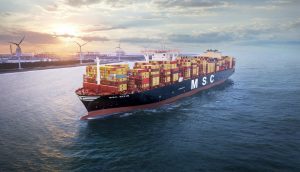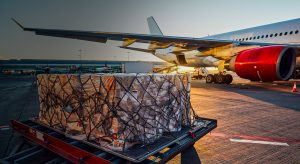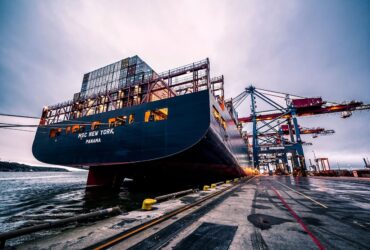Container shipping vs air freight: Which is right for you?
Container shipping and air freight are two popular methods of international transportation, each with its own set of advantages and disadvantages. Choosing the right method for your business depends on your specific needs and budget.
Container Shipping
Container shipping is a cost-effective method of transportation for large quantities of goods. Goods are loaded into a container and shipped by sea, usually on a large cargo vessel. This method is often used for heavy or bulky items such as machinery, vehicles, and construction materials.
Advantages of container shipping:
- Cost-effective for large quantities of goods
- Suitable for heavy and bulky items
- More environmentally friendly than air freight
- The schedule is more predictable and consistent compared to air freight
Disadvantages of container shipping:
- Transit time is longer than air freight
- Limited to sea ports
- Can be affected by bad weather and sea conditions
Air Freight
Air freight is a faster method of transportation for time-sensitive goods. Goods are loaded into an airplane and shipped by air. This method is often used for perishable goods, such as food and flowers, and high-value items such as electronics and jewelry.
Advantages of air freight:
- Faster transit time than container shipping
- Suitable for time-sensitive goods
- Can reach any airport worldwide
Disadvantages of air freight:
- More expensive than container shipping
- Suitable for smaller quantities of goods
- More carbon-intensive compared to container shipping
When deciding between container shipping and air freight, it is important to consider the nature of the goods you are shipping. Container shipping is best suited for large quantities of heavy or bulky items that are not time-sensitive. This is because container shipping is cost-effective, but the transit time is longer than air freight.
On the other hand, if you are shipping time-sensitive goods such as perishable items or high-value electronics, air freight may be the best option. Air freight is faster, but it is also more expensive and not as environmentally friendly as container shipping.
Another important factor to consider is the destination of your shipment. Container shipping is limited to seaports, whereas air freight can reach any airport worldwide. This means that if you need to ship your goods to a location that is not near a seaport, air freight may be the only option.
In addition to the nature of the goods and destination, you should also consider your budget when choosing between container shipping and air freight. Container shipping is generally more cost-effective than air freight, but the cost savings may not be worth it if your goods are time-sensitive.
In summary, container shipping and air freight are both viable options for international transportation, but each has its own set of advantages and disadvantages. By understanding the nature of your goods, the destination of your shipment, and your budget, you can make an informed decision on which method is right for your business needs.
Another important thing you should consider is the safety and reliability of your cargo during the shipping process. Both container shipping and air freight have their own risks and drawbacks, but to mitigate them, you should choose a reputable shipping company with a good track record and make sure they have the right insurance coverage.





